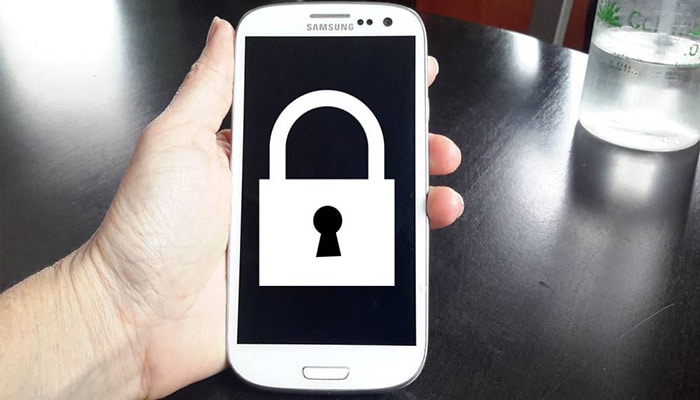
The malware, identified by Sophos as Andr/FBILock-A, masquerades as a Flash Player app:Īndroid doesn’t have Flash support, and even Adobe’s own Flash Player is no longer available as an add-on in the Play Store. So we thought we’d take you swiftly through the clean-up process.
How to uninstall sophos mobile security android#
This latest Android ransomware reported by SophosLabs follows a familiar theme, very much like the Koler malware we wrote about in May 2014.īut the new malware has a slight sting in the tail that Koler didn’t, making it trickier to remove. With millions of ransom dollars, probably even hundreds of millions, already squeezed out of hapless victims around the world by desktop and laptop malware, it’s hardly surprising to see the crooks increasingly turning their malevolent attention to mobile devices. Sadly, other malware has risen to take its place, because law enforcement can’t prevent people from getting infected by future variants, but the takedown was nevertheless an impressive and disruptive result.

→ The operational heart of the CryptoLocker malware, which relied on servers run by the crooks to produce and distribute a unique pair of encryption/decryption keys for each victim, was nobbled in a recent takedown operation driven by US law enforcement. The best-known example of lock-out malware is Reveton, which freezes out all other programs on Windows, including Task Manager, groundlessly accuses you of a crime (usually relating to piracy or pornography), and invites you to pay about $300 to make the “charges” go away.Īnd the best example of file-scrambling malware is CryptoLocker, which leaves your computer unlocked and running fine, but scrambles all your files with a strong cryptographic algorithm, before asking you for $300 for the decryption key. Ransomware has been a persistent threat on desktop and laptop computers for several years. Usually, payment is by some largely anonymous and irreversible mechanism, such as Bitcoin or a Moneypak voucher. The “fees” vary, from tens to hundreds, sometimes even thousands, of dollars.

If you want a copy of the recovery code, you have to pay.
How to uninstall sophos mobile security code#
That’s because there’s a secret code that can unlock your phone, or decrypt your files, but only the crooks have it (or so they say).

What we’re talking about here is extortion or demanding money with menaces. Ransomware is the stuff that locks up your computer or phone with a pop-up that covers all your other apps, and sometimes even scrambles your data files. SophosLabs just alerted us to yet another example of Android ransomware.


 0 kommentar(er)
0 kommentar(er)
